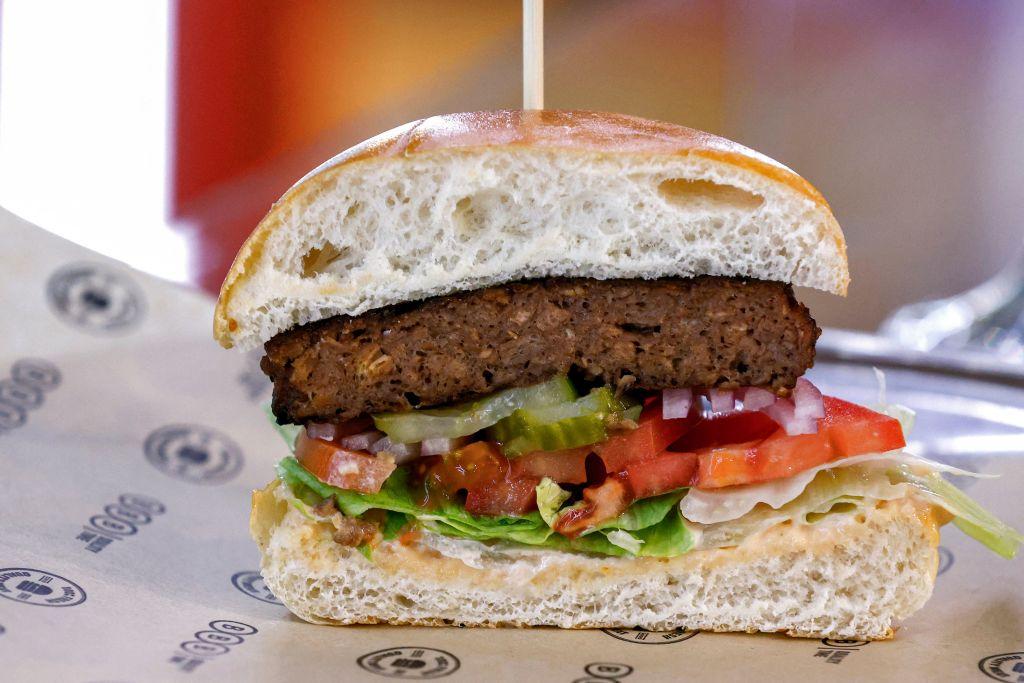Denmark recently published the world’s “first” national “action plan” intended to facilitate a shift toward a food system primarily based on plant-based options as part of the Scandinavian country’s climate initiative.
“As the first of its kind, the action plan thus serves as an overview of the governmental measures and initiatives that the actors within all parts of the plant-based value chain can make use of,” the official statement reads.





